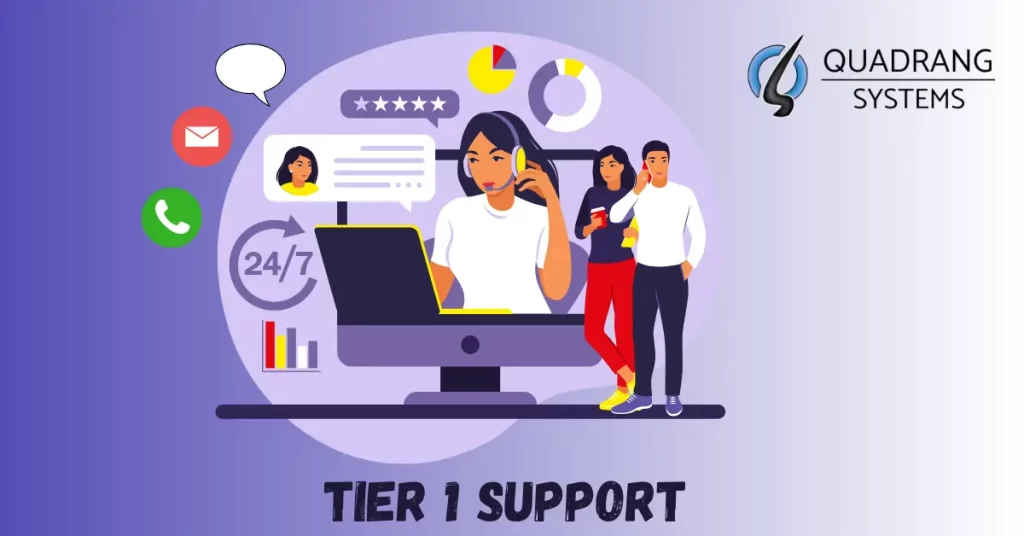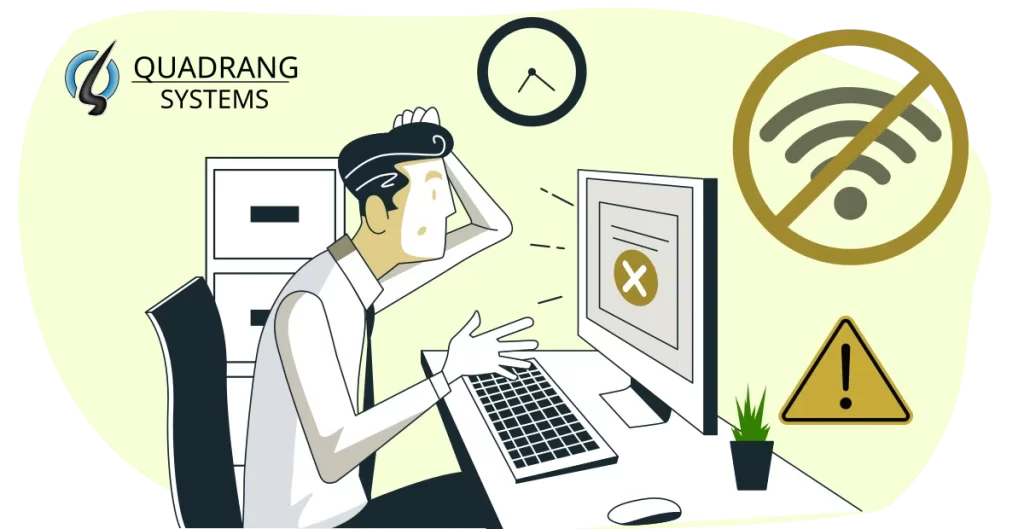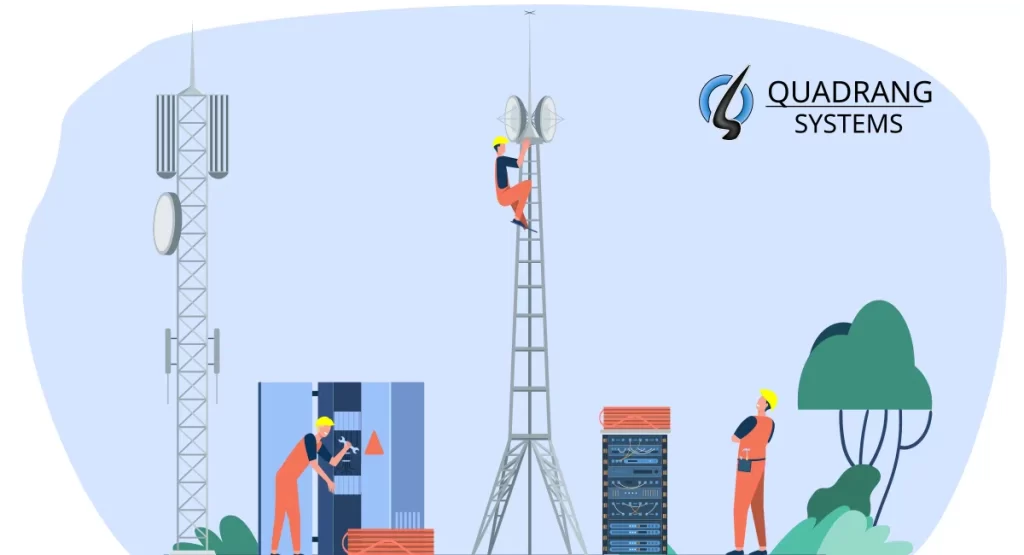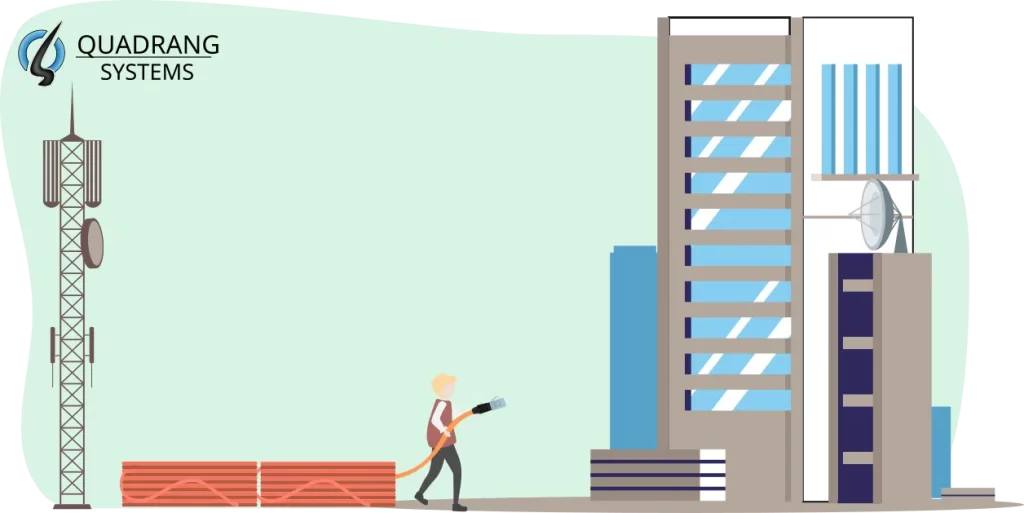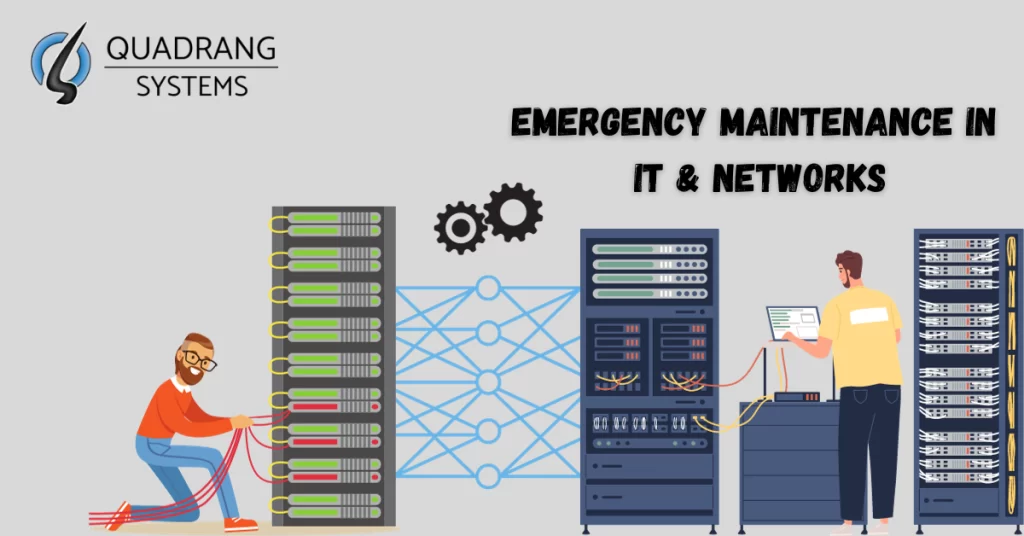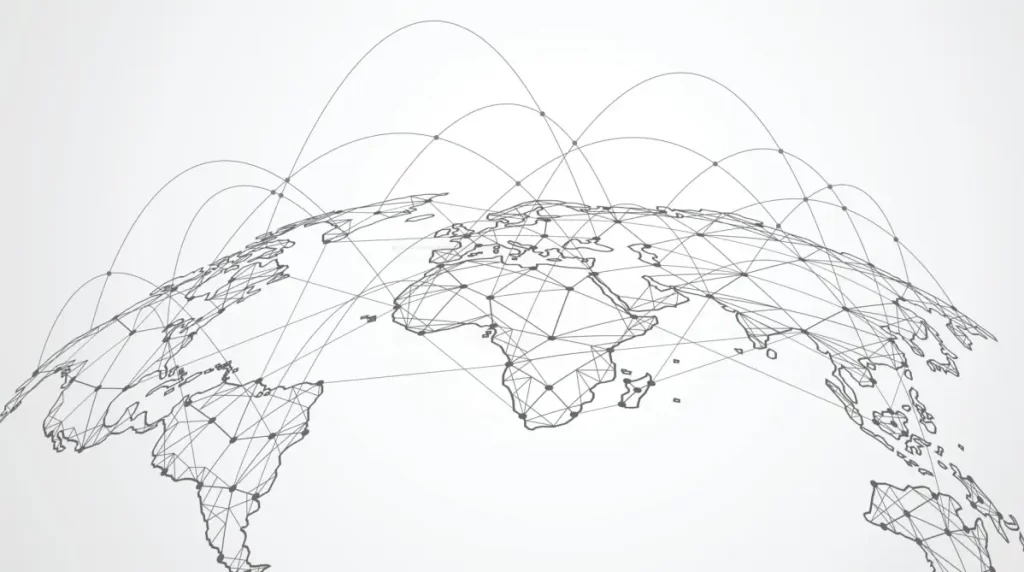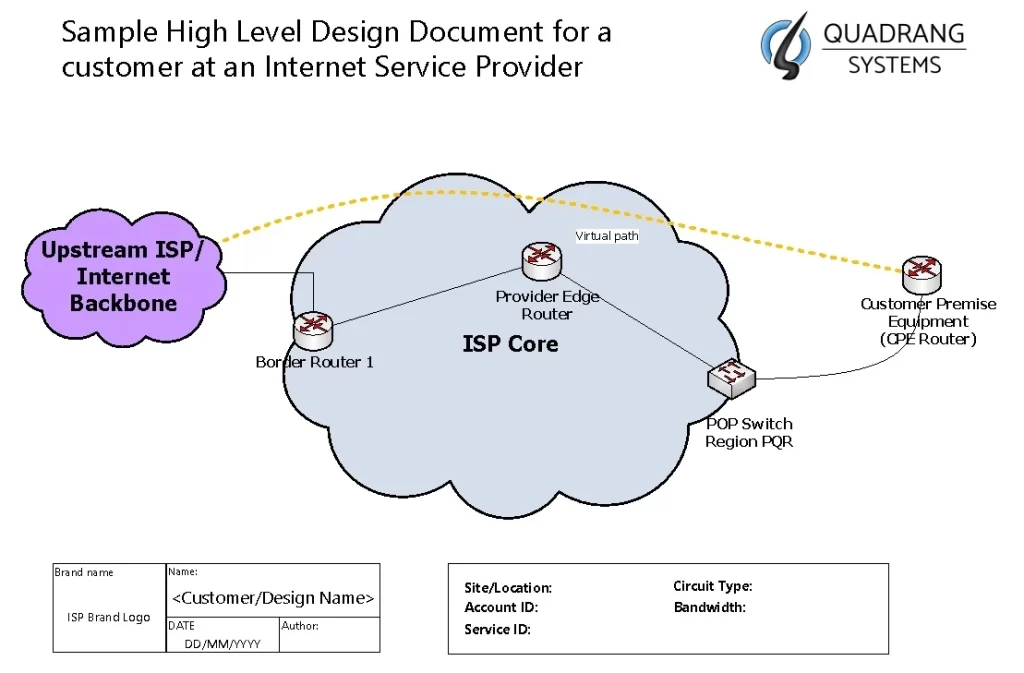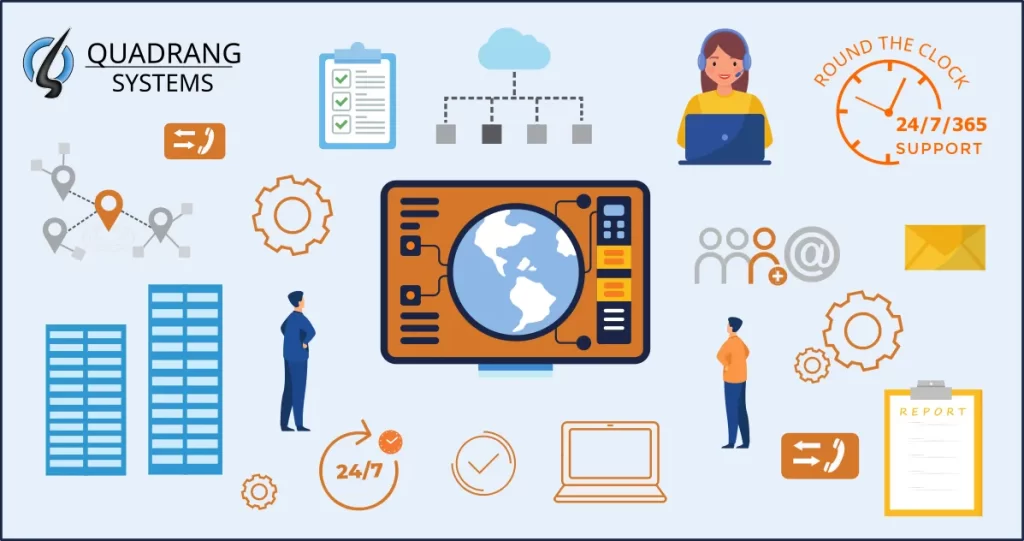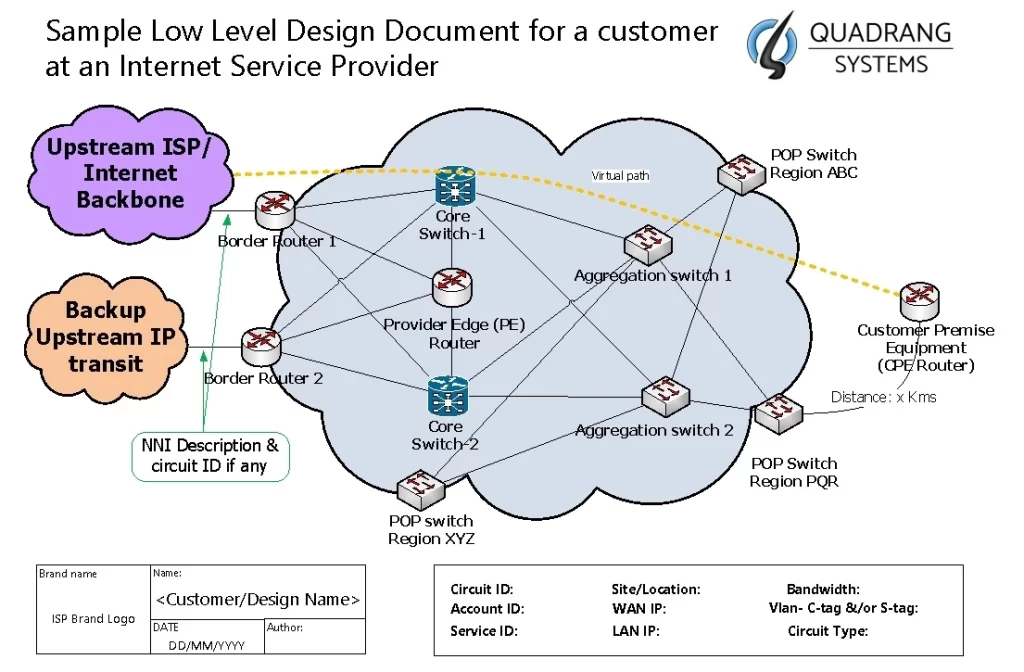Tier 1 Support Done Right: The Proven Methodology to Wow ISP Customers
In the bustling world of internet service, the front line isn’t just about connectivity; it’s about the people who use them and the overall experience they have from using the service and brand name of the provider. Tier 1 support: It’s not just a job role; it’s an adventure. These are the folks who dive headfirst into the area of “Have you tried restarting once? But make no mistake, they are the core of customer satisfaction and the first line for technical support for the for Internet Service Providers’ (ISP) customers contacting in.
What is Tier 1 Support?
By definition, Tier 1 Support is the first point of contact for customers, who handle basic inquiries, troubleshoot minor issues, and either resolve problems immediately or escalate them to advanced support tiers if necessary. Tier 1 support specialists are tasked with responding to incoming calls, chats, emails, and social media messages from customers. On a daily basis, they handle account queries, how-to inquiries, basic connectivity troubleshooting and various other issues.
By providing friendly, knowledgeable customer service and basic technical support, Tier 1 aims to resolve over 50% of incoming customer inquiries in the first interaction. If they cannot troubleshoot and solve the problem, they will raise a ticket or a case, document the issue in the ticket before transferring the ticket to a higher support tier. In some cases, the customer’s call is transferred to a higher support tier.
Why is Tier 1 Support critical for ISPs?
As the face of an ISP or Telco’s customer service, the Tier 1 team significantly impacts brand reputation and customer satisfaction. Quickly answering questions and solving minor issues efficiently demonstrates reliability and builds trust. When more complicated problems arise, seamlessly escalating them shows transparency and responsibility towards finding solutions. Without capable Tier 1 agents handling low-level requests, advanced support teams would be overwhelmed by addressing the most basic issues like router/modem resets. Excellent Tier 1 service filters out account/billing and payment inquiries so that the technical staff can focus on complex troubleshooting. Support levels working together results in satisfied customers and brand loyalty.
Tier 1 support vs Tier 2 support
Tier 2 support is the next and higher where the tier 1 team escalates their unsolved issues. Read more about Tier 2 Support blog. Here is a short paragraph comparing Tier 1 and Tier 2 technical support, along with a comparison highlighting some of the key differences between them. Tier 1 and Tier 2 support agents play distinct yet complementary roles in customer service operations. Possessing deeper technical expertise, the Tier 2 team investigates complex problems that require sophisticated diagnostics and specialized knowledge to fix. Together, the tiered support structure strives to efficiently resolve all customer inquiries to maximize satisfaction.
| Tier 1 Support | Tier 2 Support |
| First line of support | Second / Advanced technical support |
| Handles basic questions | Works on issues escalated from Tier 1 |
| Troubleshoots minor problems | Conducts intricate troubleshooting |
| Aims to close more than 50% of issues | Focuses on root cause analysis |
| General customer service training | Specialized technical training required |
The differentiation in training, capabilities, and types of issues handled enable the support tiers to function as an integrated unit. Tier 1 meets common needs while Tier 2 fills knowledge gaps, both contributing to a positive customer experience.
Tips and Tricks for Success in Tier 1 Support
The right training for excellence
A well-trained support agent is like a knight in armor, ready to rescue distressed customer difficulties. Continuous training, and a culture of learning are the secret weapons. Effective troubleshooting and attempts to resolve the case early or in the first communication should be target for great customer service. Agents receive technical knowledge on the company’s products, services, technologies, and systems. This allows them to understand customer issues and walk through educated troubleshooting. Equipped with technical training and customer service best practices, the Tier 1 agents can resolve more inquiries in the initial interaction, avoiding repeat reminders, follow ups, and unnecessary escalations from the customer side
The art of communication
Effective communication is absolutely vital for Tier 1 support teams to make the customer feel comfortable and assuring. Soft skills like active listening, empathy, patience, and clear communication prove to be extremely useful. Agents learn to interact with potentially frustrated customers in a professional and helpful manner. Tier 1 specialists must utilize strong listening skills to thoroughly understand customer requests, asking open ended questions to properly diagnose problems. They should avoid technical jargon for layman customers, but can talk technical if the customer understands it and wants a technical answer. They should adjust their style/pace of talking to match client comprehension
The right tools
Tier 1 support teams rely on having the right tools and technologies to enable efficient, high-quality customer service. Some essential tools that drive Tier 1 success include:
- AI Chatbots: Automated bots can answer common questions and route inquiries, allowing agents to focus on solving more complex issues.
- Automation Software:- Tools that standardize and automate repetitive tasks like password resets, convey account balance / bill amounts, due dates, convey speed and plan details all free up human resources
- CRM Features: Features like one-click case logging and automatic knowledge base suggestions speed up interactions.
- Wikis and How-To Guides: Centralized know-hows, how-to guides and documentation allow agents to quickly find troubleshooting processes and solutions.
- Quality Headsets: Good headphones provide noise cancellation and sound clarity, improving communication accuracy between customers and agents.
- Remote Diagnostic Tools: Applications that securely connect agents to customer devices for direct issue investigation and resolution. Allows remote troubleshooting for quicker fixes.
With the latest productivity-enhancing support technologies combined with strong customer service training, Tier 1 teams work smarter and faster. Integrated tools form the foundation agents need to consistently deliver quick, exceptional, branded customer experiences.
Measuring success through CSAT & Net Promotor Scores
It is said that whatever is measured, gets improved. A constant loop of feedback and feed forward proves to be a great strategy for continuous improvement. CSAT (Customer Satisfaction scores) and Net Promotor Scores are great survey tools to measure success and correct things. Not that always the Tier 1 specialists may be at fault, but we can only improve our team because we can’t blame the customer for their behavior. After all, the customer is the king and keeping the business running. Root cause of the issues should to be identified and resolved for the Tier 1 support to make their jobs easier.
Considerations and Advantages of outsourcing Tier 1 Support
To optimize efficiency and control costs, many ISPs outsource Tier 1 support overseas. While outsourcing may come with some cons, outsourcing provides distinct advantages and when many ISPs do the same, a similar expectation and standard is set for the customers
Significant Cost Savings
Offshore contractors in developing nations can provide Tier 1 services at a fraction of the cost compared to domestic agents. Outsourcing firms leverage economies of scale, and agents trained and worked on many international clients. They also utilize low-cost yet educated workforces in countries like India.
24/7 Support Coverage and Flexibility
Outsourced providers efficiently deliver round-the-clock support coverage through coordinated staffing across different time zones. Outsourced agents in developing countries are often very flexible to work in rotational shifts, on weekends and even during festive holidays, essentially providing a 24x7x365 coverage
Return on Investment
While sacrificing some control, outsourcing Tier 1 services cuts expenses significantly. Instead of large in-house investments into personnel, infrastructure, and support systems, ISPs can minimize costs while still delivering 24/7 customer service.
Scalability
Expert outsourcing partners provide scalable support operations that expand and contract on demand based on seasonal fluctuations or growth cycles. ISPs avoid over-hiring or understaffing challenges.
FAQs
Questions frequently arise when evaluating outsourced Tier 1 ISP support. Some common FAQs include:
- How does outsourced Tier 1 support impact brand reputation?
Customers usually feel okay and understand about outsourced teams. They don’t care much about outsourced or inhouse agents. What matters is support experience quality. Outsource partner team must deeply understand ISP offerings, plus work in the style of the brand and speak in the brand voice. With proper training and oversight, outsourced Tier 1 support teams feel like an extension of the ISP support staff. - How is support quality monitored and ensured?
Include comprehensive quality scorecards and performance metrics into trainings and reviews, along with support quality minimums benchmarks. Conduct review and meetings for noncompliance. Monitor interactions randomly and proactively. Conduct customer satisfaction surveys. Measure quality monitor trends over time. Voice the issues immediately while praising positive performance. - Won’t language barriers impact customer service quality?
Many outsourcing firms require minimum English fluency standards before hiring employees, especially for Tier 1 support. Use partners with proven best practices for mitigating communication barriers: dialect/accent training programs, regular quality monitoring, vocal pace adjustment training, and more. Cultural awareness education also helps agents better understand sometimes frustrated Western customers.
Conclusion
Tier 1 support is more than just a help desk; it’s the forefront of customer facing interaction, the human face of your network. By empowering your team, refining your strategies, and always aiming for improvement, you can transform your support from a necessity into a superpower.
Partnering for Exceptional Tier 1 Support
For ISPs seeking reduced expenses alongside outstanding 24/7 customer service, outsourced Tier 1 support makes strategic sense provided effective partners are chosen. Quadrang Systems offers specialized outsourced technical support perfect for ISP Tier 1 needs. With state-of-the-art systems, rigorous quality controls, and extensive telecom domain expertise, we seamlessly deliver exceptional support experiences reflecting positively on client brands.
Want to learn more about outsourced Tier 1 ISP support? Contact Quadrang Systems today for a free consultation.


